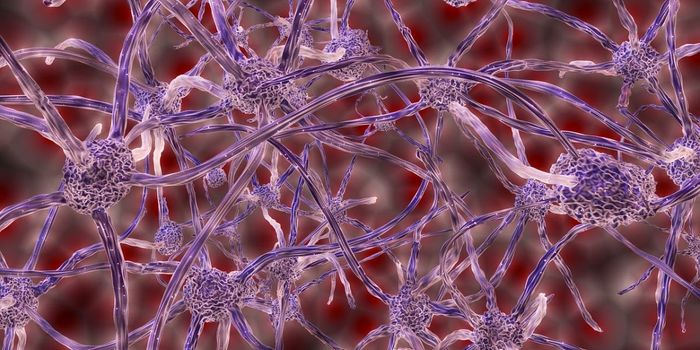Hair straightening products: safe...or not?
Acute kidney injury (AKI) is a serious condition characterized by a sudden decrease in kidney function. While medications and environmental toxins are known causes, hair-straightening products have emerged as a potential yet underrecognized culprit. A recent study published in the American Journal of Kidney Diseases between hair-straightening treatments and AKI.
Hair straightening has evolved over the years, with keratin-based treatments gaining popularity due to their effectiveness and versatility. However, concerns have risen regarding the safety of the chemical composition of these products. Initially containing formaldehyde, a known carcinogen and teratogen, these treatments have transitioned to glycolic acid derivatives in response to regulatory restrictions. Despite being marketed as "formaldehyde-free," concerns still exist regarding their safety, particularly their potential to release formaldehyde under high temperatures.
The study identified 26 cases of AKI following hair-straightening treatment over a four-year period. All patients were females, primarily young adults, without significant medical histories. The clinical presentation included abdominal pain, nausea, vomiting, and scalp rash, typically occurring within hours of exposure to hair-straightening products.
The study found a strong association between hair-straightening treatment and AKI, implicating glycolic acid derivatives as potential nephrotoxic (kidney toxic) agents. The presence of calcium oxalate crystals in kidney biopsies further supported this association.
The findings underscore the need for heightened awareness among healthcare professionals regarding the potential nephrotoxicity of hair-straightening products. Regulatory agencies must enforce stricter guidelines for product labeling and composition to protect consumers.
The study provides compelling evidence linking hair-straightening treatments to AKI, highlighting the role of glycolic acid derivatives and acute oxalate nephropathy in this association. Healthcare providers should remain vigilant in recognizing and managing AKI cases associated with cosmetic procedures, advocating for safer alternatives and regulatory reforms. Further research is needed to elucidate the long-term consequences and optimal management strategies for individuals affected by this toxicity.
Sources: American Journal of Kidney Diseases








